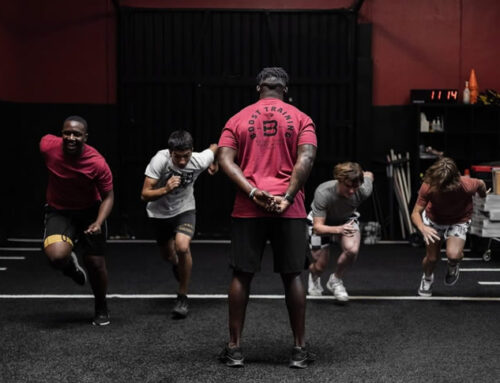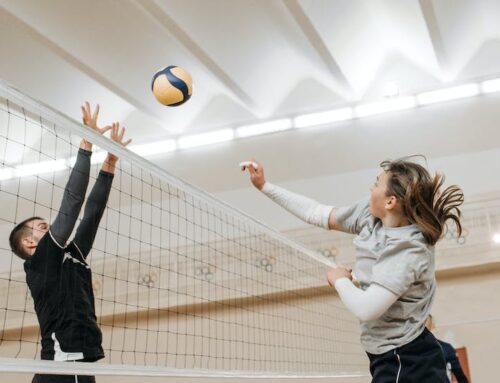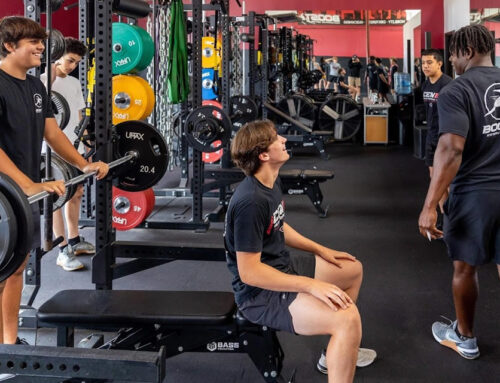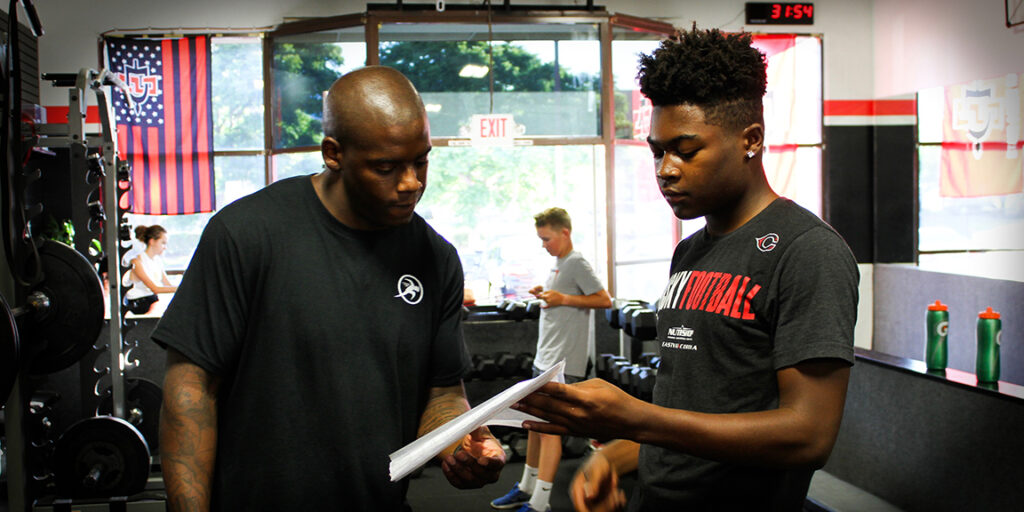
Here at the Boost Performance Center in Corona CA, we know that any good strength & conditioning coach (such as myself *wink*) is constantly looking at the data derived from their athletes in order to drive results:
- How much has an athlete’s speed improved?
- Have they gotten stronger?
- What asymmetries may exist?
- Injury history?
- Overall conditioning level?
- And so much more…
All of this important information helps us continuously fine tune our programs for our athletes. It sounds like a lot of moving pieces because it is – getting athletes better is hard work and always the priority for good coaches. But unfortunately positive results aren’t always the case. Sometimes you don’t always get the results you want and that can be a problem. Here’s what you can and should do if you aren’t seeing the results you want from your training.
1. Check yourself: Before you go HAM on your trainer, check yourself at the door. Ask yourself these questions:
- What are you doing that could be preventing you from getting the results you want?
- Have you been on top of your diet? No matter how much you train if you aren’t eating well (getting enough calories, cutting out bad foods, over-eating) you can slowly sabotage yourself.
- Are you getting enough rest and recovery? R&R allows an athletes body to heal from all the hard work of training and come back stronger. If you can’t make time to heal, you can’t expect any meaningful growth to take place.
- Lastly, are you showing up and putting in the effort? If you’re going through the motions and not showing up ready to give 110% every time you train, you can’t expect your coach to get you better. 60% effort gets you 60% results… and that’s a D.
2. Talk to Your Coach: If you’re truly concerned about your results you need to talk to your coach and figure out why the program isn’t working for you. I’m not saying you should confront your coach with the intention of pointing fingers, but instead ask what their thoughts are. Explain to them how hard you have been working and why you may be frustrated. Ask their opinion on what you need to be doing in order to get the results you want. This may require some courage on your part, but it’s definitely necessary. In many ways a coach has a portion of the career of his or her athletes in their hands. If you care about your athletic progress you should know at all times what’s going on with your program and why you may not be where you want.
3. See a Specialist: When I was in college I tore my meniscus. I bounced back rather quickly after surgery which was important to me because my goal was to play in the upcoming season. The rush to come back led to me not completing my rehab, which later led to issues with my hip. After my injury I was never the same. What I learned later was that because my knee never fully healed it led to the malfunctioning of my hip which prevented me from reaching the levels of performance I was previously used to. I didn’t know this until I saw a specialist in muscle activation techniques. My point here is our bodies are great at compensating, great at masking muscle deficiencies by having other muscles take over. We can have issues in our musculature that aren’t easily seen and so we never know. Seeing a medical specialist who can help identify what’s going on with your skeletal or muscular system can help explain why you may not be improving at the rate you desire.
4. Consider a New Coach: I saved this one for last because as a coach I work hard to get results for my athletes, and I assume all coaches do the same. Unfortunately, that’s not always the case. When your coach isn’t moving you in the direction of improved speed, strength, power, or mobility and can’t seem to offer a legitimate reason why and you have done everything on your end, it may be time to try other options. The difference between general fitness and athletic development is the specific qualities you’re looking to develop. Feeling great after a few weeks of exercise is good and all, but it needs to be about more than just how you feel, you need to have measurables that prove you’re getting better.
Athletes hop around far too often in search of different trainers and tend to overwork themselves with a “no days off mentality”. Committing to the program of your coach and following it’s guidelines will most likely lead to positive results. If you need to change coaches, do so but make sure you’ve held up your end of the bargain because ultimately your growth as an athlete depends on you!
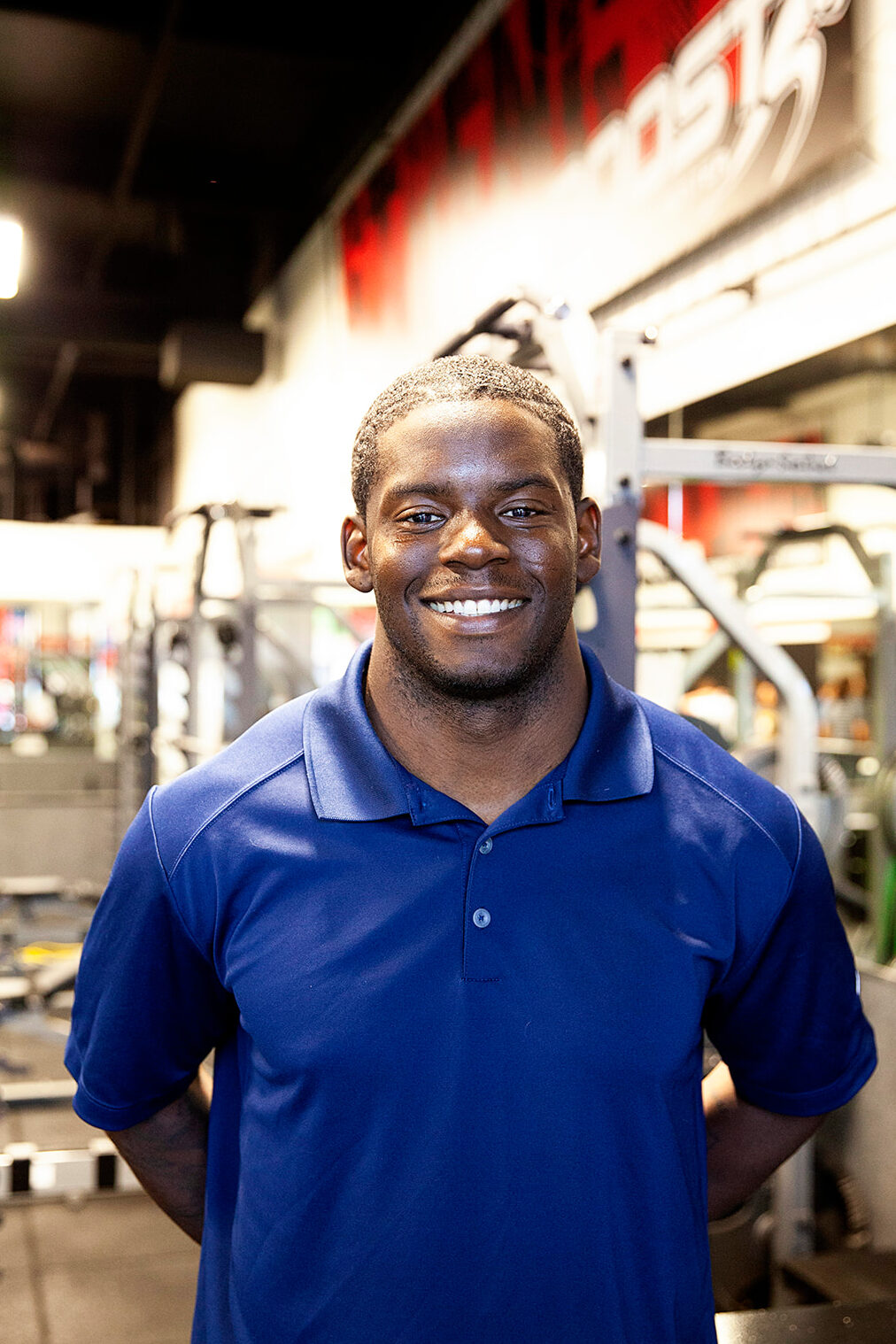
Level 1 & 2 Coach Bommarito Performance
CSCS / USAW

